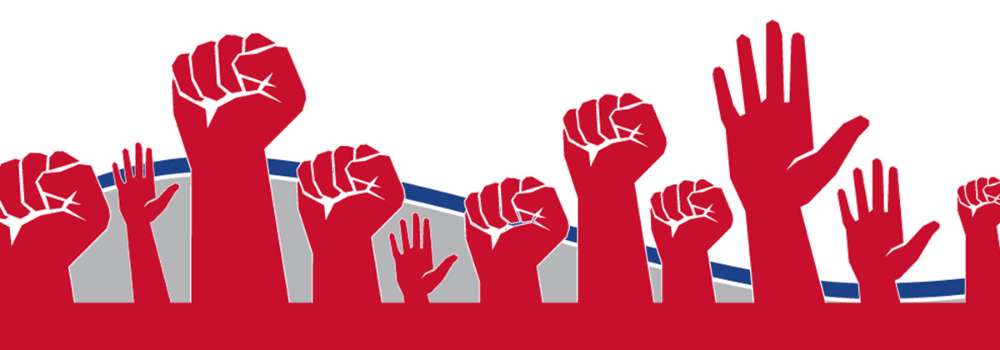Top Five Logical Fallacies in the Social Justice Movement
July 04, 2017Categories: Logically Fallacious,

The Dr. Bo Show with Bo Bennett, PhD
The Dr. Bo Show is a critical thinking-, reason-, and science-based approach to issues that matter. It is the podcast of social psychologist Bo Bennett. This podcast is a collection of topics related to all of his books. The podcast episodes, depending on the episode, are hosted by either Dr. Bennett or Jerry Sage, discussing the work of Dr. Bennett.
There is a disturbing trend in the social justice movement where science, data, facts, and reason are sacrificed for ideology. Critics of the social justice movement often reject the overall ideas of social justice because of these reasoning flaws (which is problematic in itself—see Argument from Fallacy).
If you are a supporter of social justice, and you are allowing your passion to affect your reason, realize that you are most likely doing more harm to the movement than good. There are several logical fallacies often committed by those espousing "social justice." What follows is a list of what I have found to be the most common. For more examples and details, click on the fallacy name.
First, I want to make it perfectly clear that logical fallacies are independent of politics and religion. They are committed by people all over the political and religious spectrums (yes, some more than others), but no group is immune to them. I do my best on this site to remain fair when dealing with issues of religion and politics... at least in the sense that I am conscious of my biases and factor those biases into my evaluation of fallacies. Despite my political and (non)religious leanings, my only enemy is un-reason. I have no problems with a full on intellectual assault of bad ideas and arguments, even if the bad ideas and arguments ultimately support my political or religious views. So here we go.
Top Five Logical Fallacies in the Social Justice Movement
- Overextended Outrage. This is a form of poor statistical thinking where one or more statistically rare cases are implied to be the norm or the trend (without evidence) for the purpose of expressing or inciting outrage toward an entire group. It is a form of extreme stereotyping, based on the cognitive bias known as the group attribution error. An example within social justice: Two bigots brutally assault a gay man in Mississippi. LGBT groups all over the country protest increasing violence against gays citing this case (when in fact, violence has not been increasing).
- Political Correctness Fallacy. The assumption or admission that two or more groups, individuals, or ideas of groups or individuals, are equal, of equal value, or both true, based on the recent phenomenon of political correctness, which is defined as, a term which denotes language, ideas, policies, and behavior seen as seeking to minimize social and institutional offense in occupational, gender, racial, cultural, sexual orientation, certain other religions, beliefs or ideologies, disability, and age-related contexts, and, as purported by the term, doing so to an excessive extent. This can be seen as an over-correction of stereotyping. An example within social justice: Social justice groups are outraged that airport security profiles people as potential threats based on physical and cultural characteristics.
- Identity Fallacy. When one's argument is evaluated based on their physical or social identity, i.e., their social class, generation, ethnic group, gender or sexual orientation, profession, occupation or subgroup when the strength of the argument is independent of identity. Example within social justice: All of these fallacies are bogus since they are written by a White, cisgender, heterosexual male.
- Base Rate Fallacy. Ignoring statistical information in favor of using irrelevant information, that one incorrectly believes to be relevant, to make a judgment. An example within social justice: 22 trans people were murdered so far this year, which means there is a war on trans people! (In fact, if we factor in the base rate of murders and how many trans people there are in the population, we will find that trans people are less likely to be murdered than cisgender people).
- Traitorous Critic Fallacy. Responding to criticism by attacking a person's perceived favorability to an out-group or dislike to the in-group as the underlying reason for the criticism rather than addressing the criticism itself, and suggesting that they stay away from the issue and/or leave the in-group. An example within social justice: Calling anyone who criticizes ideas in social justice a "bigot," "racist," "Nazi sympathizer," etc., even if that person considers themselves a proponent of the movement.
There are dozens more that I often find in arguments about social justice, but these are by far the most common. Keep these in mind when you argue for what you believe is "social justice," and remember that the more unreasonable your arguments are, the more damage you are doing to your cause.